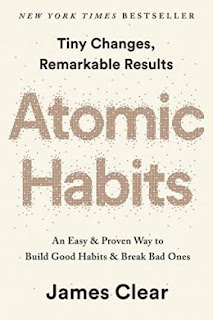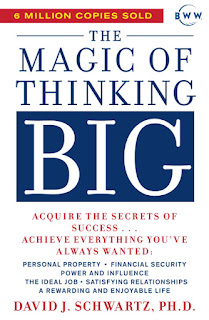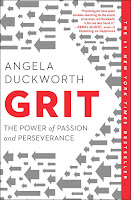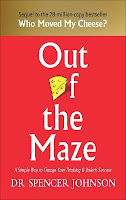Book Review: Think like a Monk

I have long wanted to study Buddhism, because its teachings are quite cryptic in nature and to me, thought provoking. In fact, I took a trip to China's Shaolin Temple in recent weeks to soak in some zen. Shaolin is also known for its Chinese kung fu, so I also signed up for a private martial arts lesson with a warrior monk. That was a great experience in itself, but the story will have to wait for another day. Instead, I wanted to share a great read called Think Like a Monk by Jay Shetty. It portrays a few keystones of Buddhism and how a purposeful life can be led without subccumbing to the distractions we encounter on a daily basis. Reading the book provided an egaging experience as it uses real life examples to illustrate its points. Here is what I learnt: We are what we think people think we are: we often project the "right image" to impress others. This is the direct result of us overthinking our importance in t...


.jpg)






